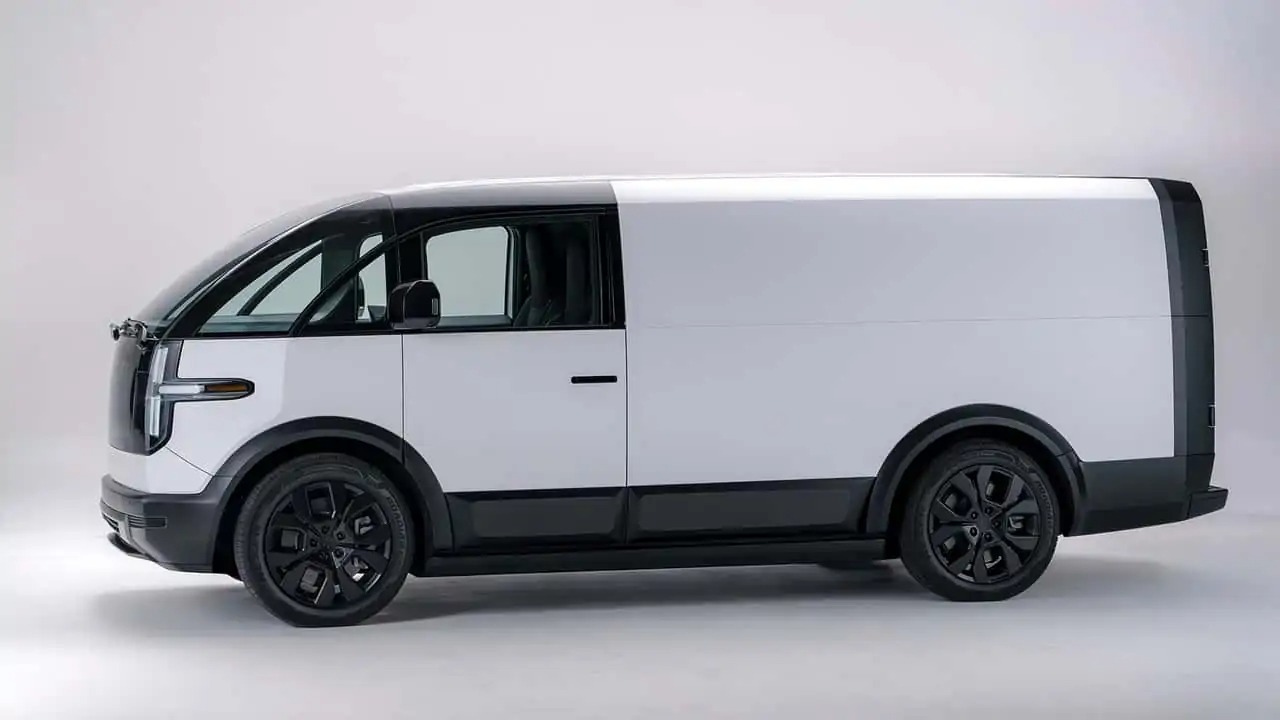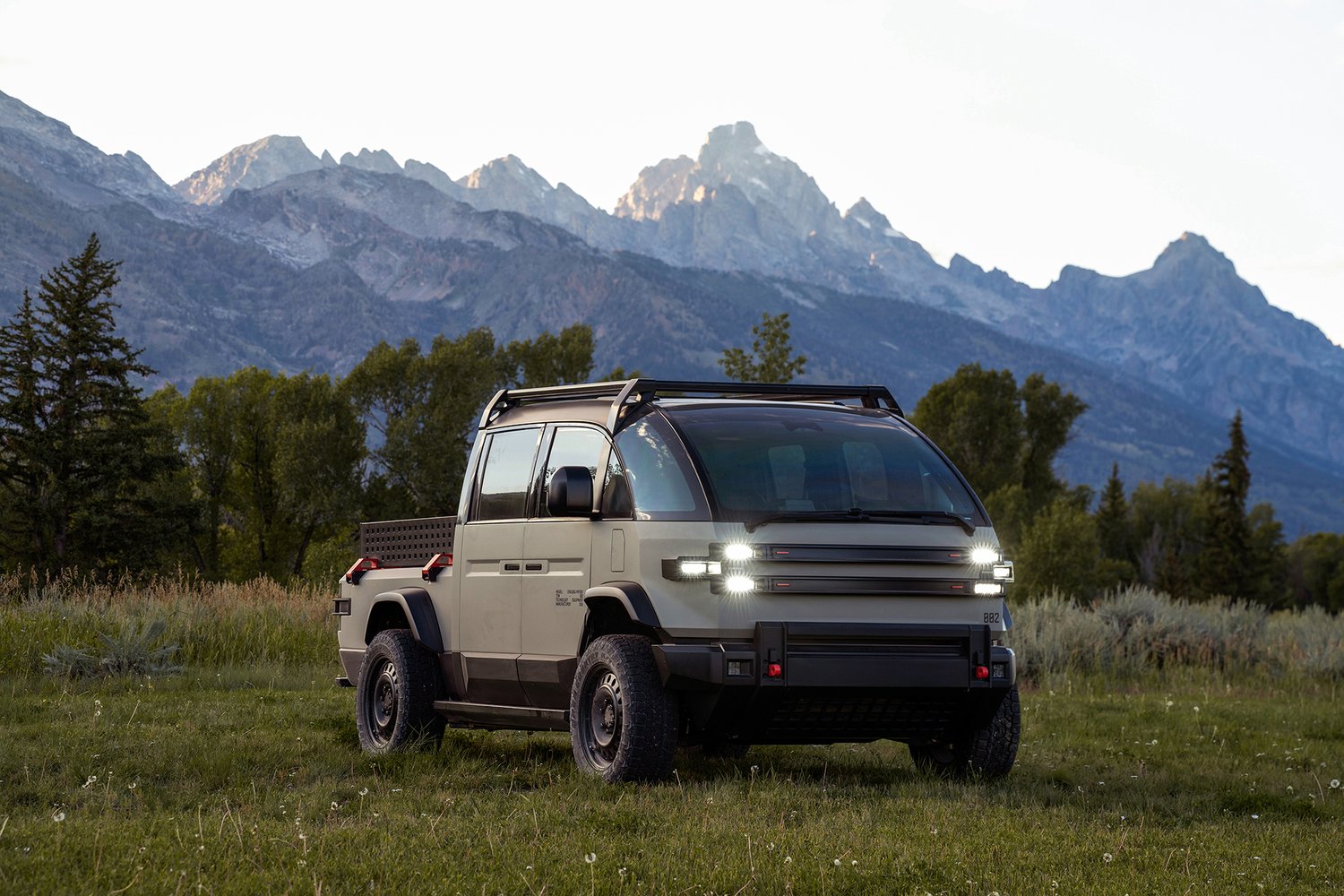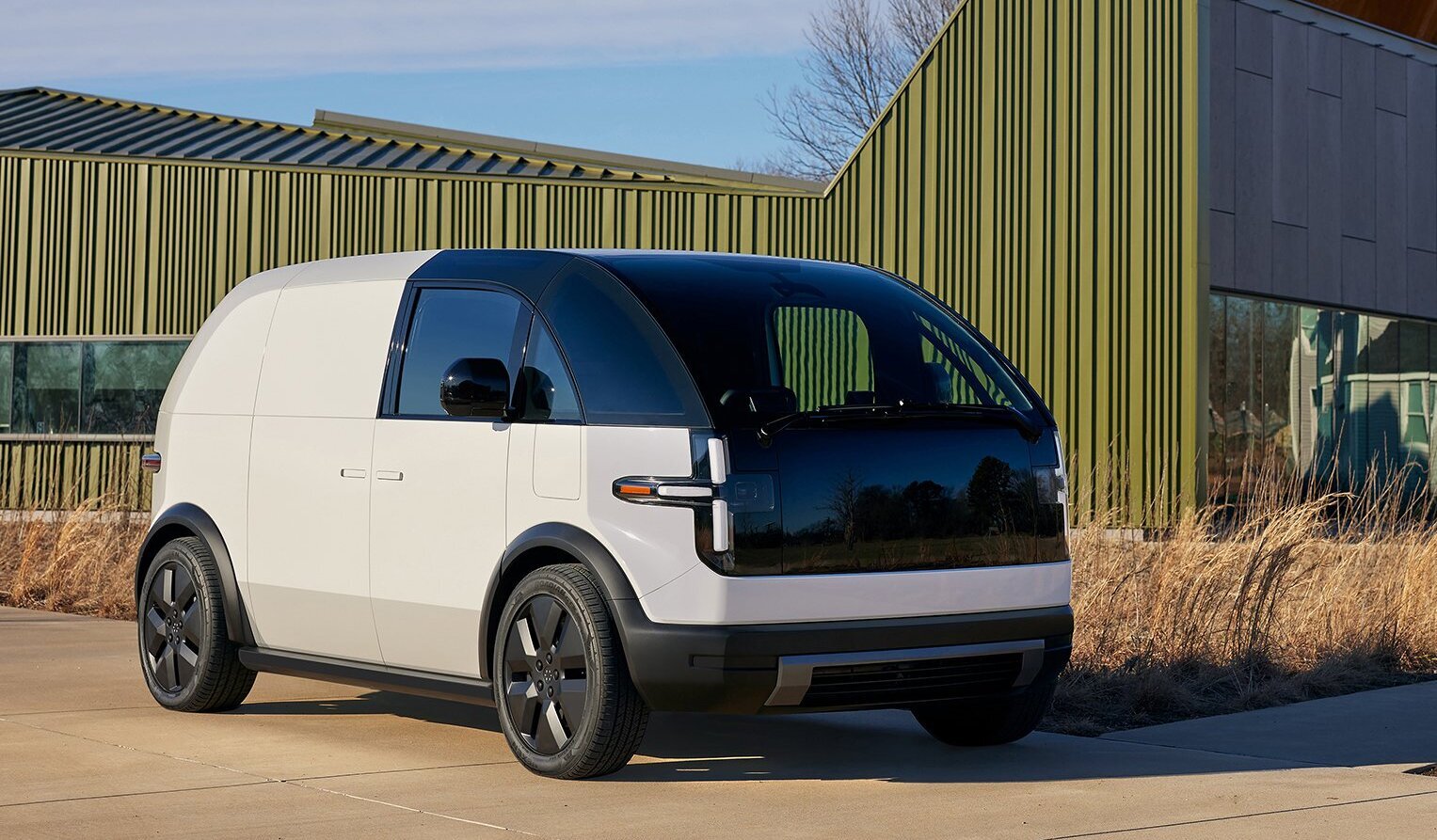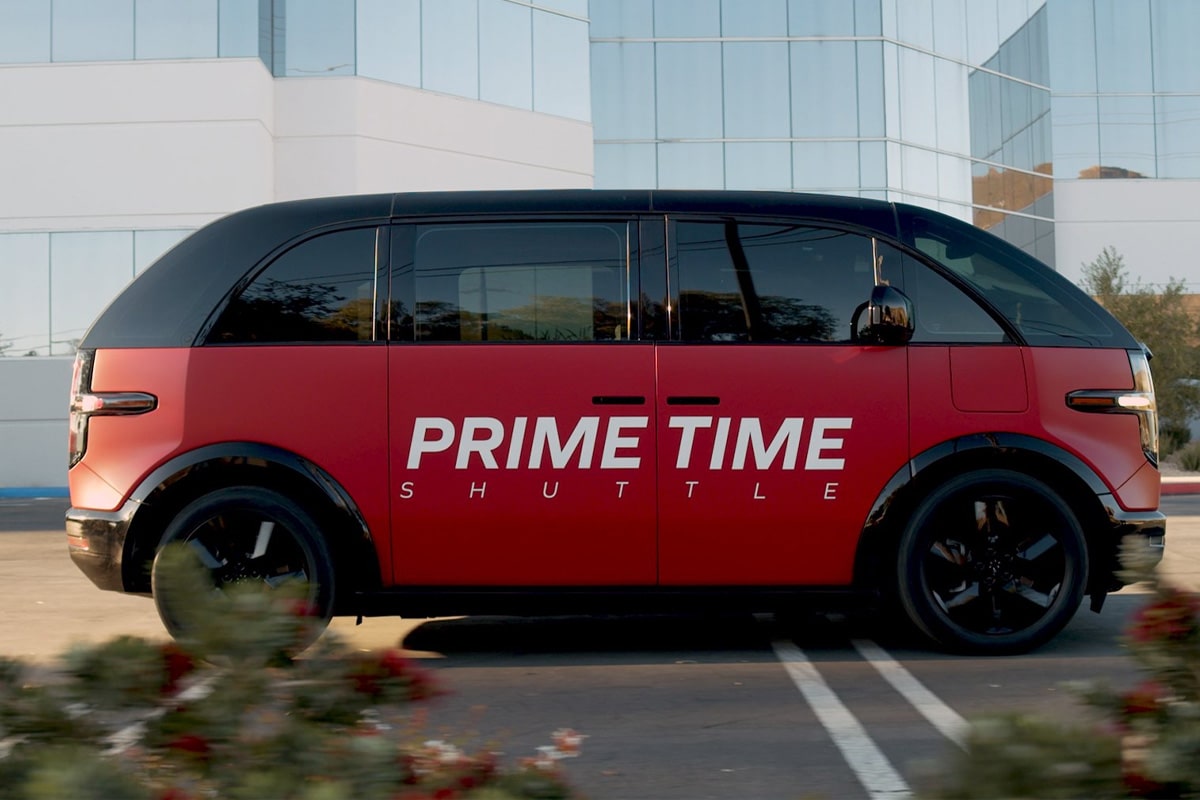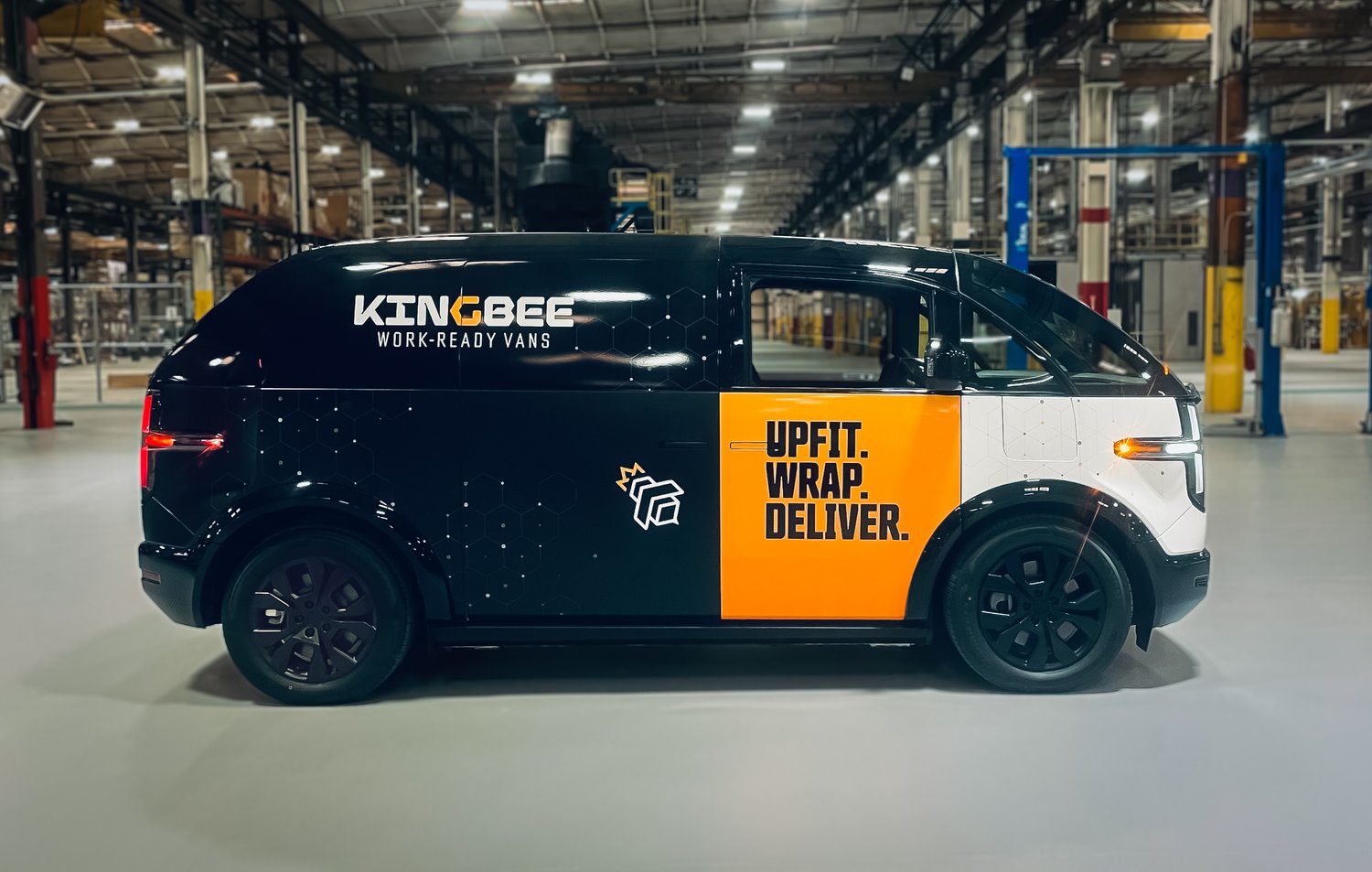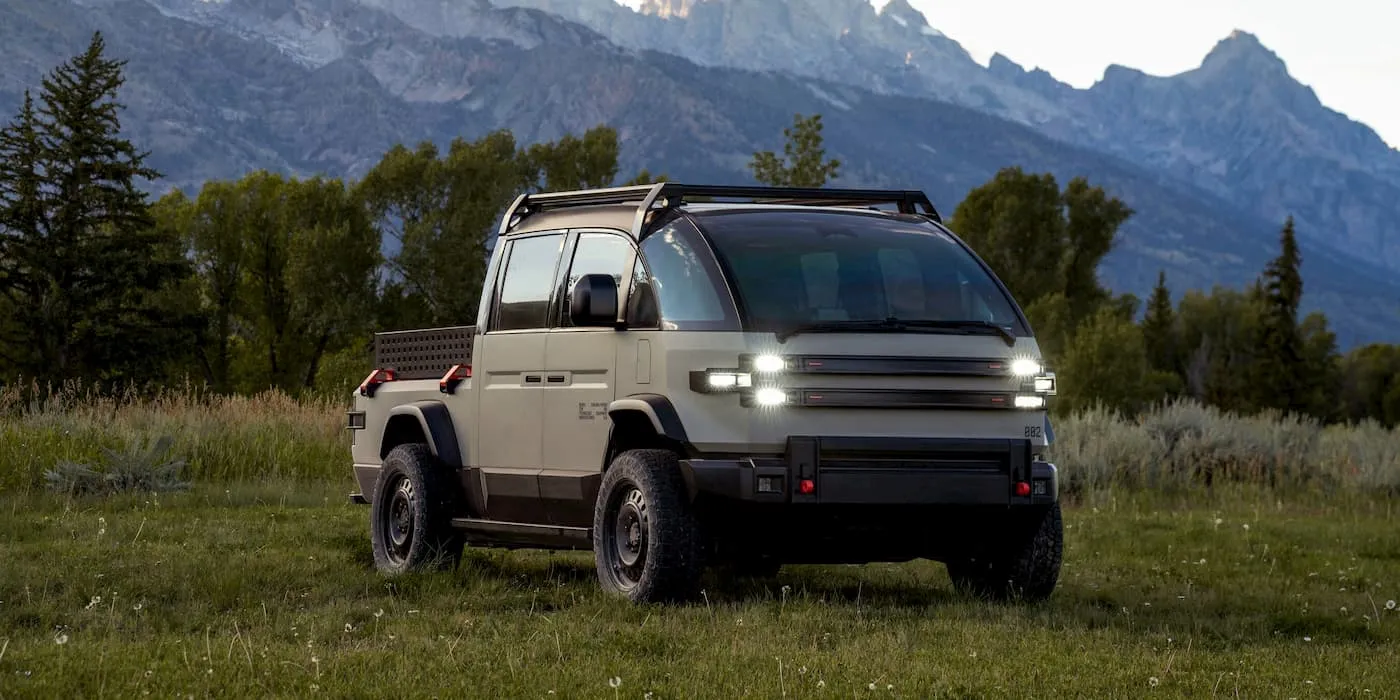In a landmark move, Canoo, the pioneering electric vehicle manufacturer, has inked a subsidy agreement with the state of Oklahoma for its forthcoming vehicle and battery assembly plant. The deal promises a substantial sum of up to $113 million in state subsidies over a decade-long span. However, the financial injection is not without its prerequisites.
The conditions outlined are diverse in nature, encompassing crucial benchmarks such as Canoo’s internal investments and the generation of employment opportunities. Conditional upon fulfilling these criteria, the state of Oklahoma and the Cherokee Nation have committed to extend their support. As part of their strategic roadmap, Canoo has earmarked an impressive $320 million investment towards the Oklahoma City vehicle plant and the Pryor battery assembly plant, in addition to the creation of over 1,360 job opportunities.
Reflecting on this significant development, Tony Aquila, the esteemed Chairman and CEO of Canoo, remarked, “It’s been a multi-year effort to get to this point, and we are delighted to have finalized these agreements which enable Canoo to hire more than 1,300 Oklahomans and fulfill the vision of its state and tribal leaders to bring new industry to the state.”
The production line at the Oklahoma City facility is poised to witness the emergence of Canoo’s Lifestyle Vehicle (LV) and its cargo variant, the Lifestyle Delivery Vehicle (LDV). With an ambitious projection of 20,000 vehicles rolling off the line by the close of 2023, Canoo is poised to make a marked impact on the EV landscape.
Just this mid-August, the company showcased an offshoot of its LDV e-delivery vehicle, the LDV 190. Boasting enhanced cargo space and payload capacity in comparison to its LDV 130 predecessor, both models remain unified by a shared platform and cutting-edge technology, with an identical wheelbase setting the tone.
Aquila voiced his enthusiasm for the LDV 190, stating, “This newest vehicle offers even greater space and flexibility for fleet owners with the same unique technologically advanced performance of our original LDV 130. As we build out our family of vehicles over time, we expect to continue to bring forward models and options that improve safety, reliability, performance and are zero emission.”
In recent times, Canoo’s journey has been punctuated by a series of highs and lows. In the spring of 2022, the startup grappled with internal uncertainties and financial struggles that cast a shadow on its trajectory. However, a transformative contract from retail behemoth Walmart injected fresh vigor into the company during the summer of the same year.
Yet, subsequent disclosures pertaining to the Walmart contract revealed onerous commitments on Canoo’s part, including discounted stock options and an agreement not to transact with Amazon for the duration of the delivery arrangement, coupled with safeguards against acquisition by the e-commerce titan.
Adding to the narrative, the US Securities and Exchange Commission (SEC) recently imposed a $1.5 million fine on the Californian EV startup for allegedly misleading investors in the lead-up to its IPO. This regulatory action also bore consequences for former CEO Ulrich Kranz, amplifying scrutiny on Canoo’s past sales projections in the lead-up to its public debut in 2020 as part of a SPAC merger.
As Canoo embarks on its ambitious Oklahoma venture, the EV manufacturer finds itself at a critical juncture, determined to reshape its narrative and redefine its trajectory in the competitive electric mobility sector.


